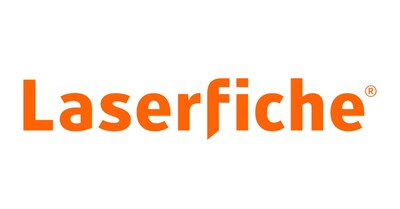MBABANE, eSwatini, June 16, 2021 /PRNewswire/ — Swaziland Building Society (SBS) and UnionPay International (UPI) jointly announced today the issuance of UnionPay debit, platinum and diamond cards in the Kingdom of eSwatini, providing customers of all income groups with a simple, secure and convenient payment experience. This debut plays a significant role following eSwatini’s national financial inclusion strategy, contributing to economic growth, improving financial inclusion, and creating a sustainable future.
According to UNCDF[1], financial inclusion is increasingly positioned as an enabler of broader development goals. More and more countries in Africa have included the financial inclusion efforts in their national development plans, underpinning the ongoing relevance and significance in the region.
“Today marks a key milestone and a strong collaboration between SBS and UPI, both organisations strongly believe the initiative will drive financial inclusion and technological innovation to repaint the payment landscape in eSwatini”, SBS & UPI joint statement.
The new SBS UnionPay cards enable customers to purchase at any point-of-sales and transact online nationwide ensuring safety and contactless payment experience. Locally the cards can also be used to withdraw cash from local ATMs, providing an inclusive payment environment for all customer needs.
A nationwide marketing campaign to raise awareness about the new cards and the diversified everyday scenarios such as shops, restaurants, petrol stations, clinics and more, enabling customers a localised efficient ways to pay will be launched shortly.
With over 59 years of steady growth, the Swaziland Building Society continues to be an innovative financial service provider offering customer-centric transactional, digital financial services and continues to improve its capacity to serve with a competitive edge.
With over 1.5 billion UnionPay cards issued in 70 countries and regions globally, UnionPay has expanded its acceptance network to 180 countries and regions in recent years. At present, UnionPay cards are widely accepted in Africa across all sectors, effectively meeting the diverse purchasing needs of UnionPay cardholders visiting and living on the continent. UnionPay cards are issued in over 10 African countries, including Kenya, Tanzania, Uganda, Ghana, South Africa, Madagascar and Mauritius. The Nilson Report (Issue 1154) shows that UnionPay ranks first among all card schemes in card issuance and transaction volume worldwide. UnionPay has launched various innovative payment products in Africa in response to the worldwide digital transformation and financial inclusion.

